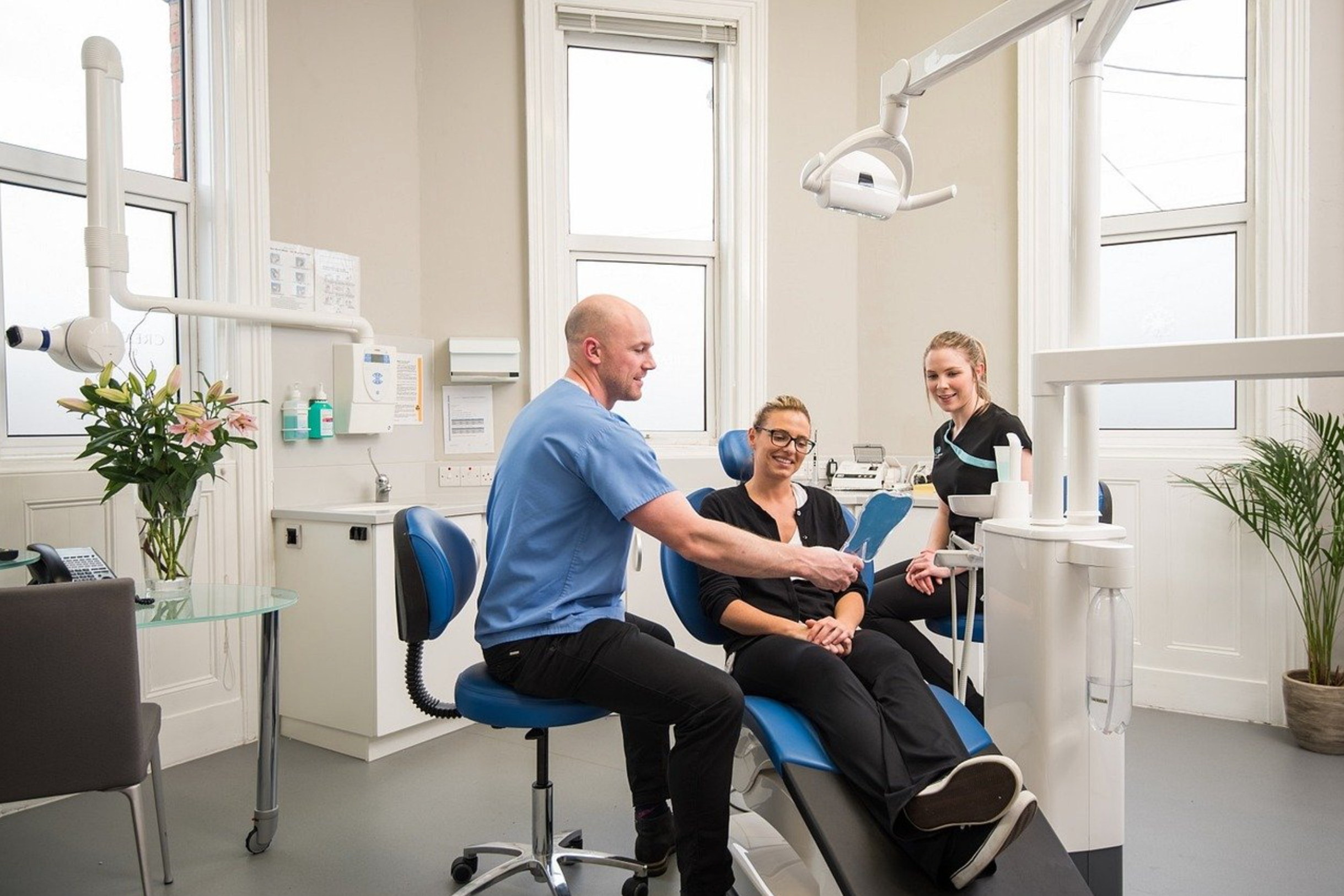As we head into 2024, the dental industry is facing a dynamic shift in staffing trends. These changes, driven by technology, evolving patient demands, and workforce expectations, are transforming how dental practices hire and manage their teams. Whether you’re a dental professional or a practice owner, staying ahead of these trends will be key to thriving in the years to come.
Let’s explore the emerging trends in dental staffing and what they mean for the future of the industry.
1. Increased Demand for Temporary and Flexible Staffing
One of the biggest shifts we’re seeing in dental staffing is the rise in temporary and flexible positions. Both dental practices and professionals are embracing a more flexible approach to staffing. Practices are increasingly relying on temporary hires to fill gaps during busy periods or to cover for staff members on leave. Meanwhile, dental professionals are enjoying the freedom that comes with temporary roles, allowing them to balance work with personal commitments or other job opportunities.
Platforms like Cloud Dentistry and TempMee are making it easier than ever for practices to connect with temp staff, offering a quick solution for last-minute staffing needs. For dental professionals, this trend opens up opportunities to gain experience across different practices without being tied to one location.
For dental professionals, embracing this flexibility means greater work-life balance and more diverse career experiences. For employers, it allows for smoother operations and the ability to staff up during high-demand periods without long-term commitments.
2. The Rise of Remote and Hybrid Roles
While dental work is hands-on by nature, certain aspects of dental administration can be done remotely. With advancements in cloud-based software and telehealth, we’re seeing a rise in remote and hybrid roles, particularly in dental billing, scheduling, and patient communication.
This trend has accelerated since the pandemic, as practices recognize the efficiency and cost-effectiveness of remote admin work. Practices can now outsource tasks like appointment setting, insurance processing, and even patient follow-ups to remote staff, reducing the need for in-office personnel.
For dental professionals with administrative expertise, the option to work remotely opens up a whole new range of job opportunities, including part-time and contract work that offers flexibility and geographic freedom.
3. Emphasis on Soft Skills and Patient-Centric Care
The future of dental staffing isn’t just about technical expertise. In 2024, there’s a growing emphasis on soft skills, like communication, empathy, and teamwork. As patient expectations evolve, dental professionals who can provide a patient-centric experience are in higher demand.
Patients want to feel comfortable, listened to, and valued during their dental visits. Dental staff—whether in clinical roles or admin positions—who can engage with patients, manage anxieties, and create a positive experience will stand out in the hiring process.
Training programs are starting to incorporate more patient communication and emotional intelligence training, emphasizing the human side of dentistry. For dental professionals, mastering these soft skills will be crucial for success in an increasingly competitive field.
4. Technology-Driven Roles and Upskilling
With the rise of new dental technologies, there’s a growing need for staff who are comfortable using advanced tools and software. Practices are investing in digital workflows, 3D imaging, AI-driven diagnostics, and cloud-based patient management systems.
For dental professionals, this means that upskilling—learning to use new software and tools—will be essential. Hiring managers are looking for candidates who are tech-savvy and can integrate these new technologies into daily practice seamlessly. Even administrative staff need to be familiar with software like Dentrix, Open Dental, or other practice management tools.
Upskilling also provides opportunities for career advancement. Dental professionals who are proficient in technology-driven procedures or software will have a competitive edge, leading to more job offers and potentially higher salaries.
5. Focus on Work-Life Balance and Employee Wellbeing
As in many industries, dental staffing in 2024 is putting a strong emphasis on employee wellbeing and work-life balance. Burnout has become a significant issue, especially in high-demand medical and dental fields. To address this, dental practices are exploring new ways to ensure their employees remain healthy and motivated.
Practices are increasingly offering perks like mental health days, flexible scheduling, and professional development opportunities to retain talent. Additionally, there’s a shift towards creating more supportive and collaborative work environments to reduce turnover and improve job satisfaction.
For dental professionals, this focus on wellbeing is encouraging. As practices recognize the need for work-life balance, it’s likely we’ll see a shift in workplace culture, with more flexibility and emphasis on holistic health.
The dental industry is entering an exciting period of transformation. From the growing demand for flexible staffing to the increasing importance of technology and patient-centric care, these trends are reshaping how dental practices operate and hire staff. For dental professionals, staying on top of these changes—by developing soft skills, embracing new technologies, and prioritizing work-life balance—will be essential for thriving in the evolving dental landscape of 2024 and beyond.
